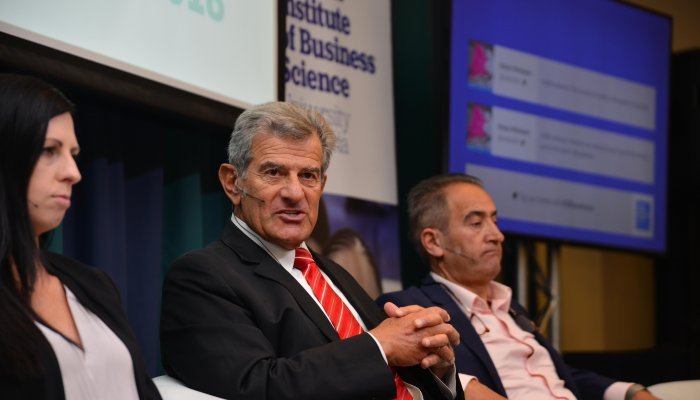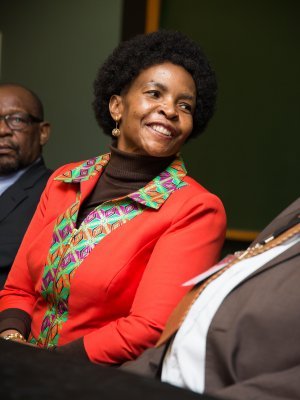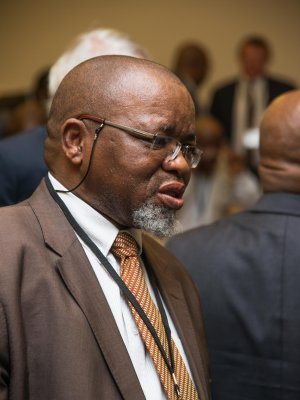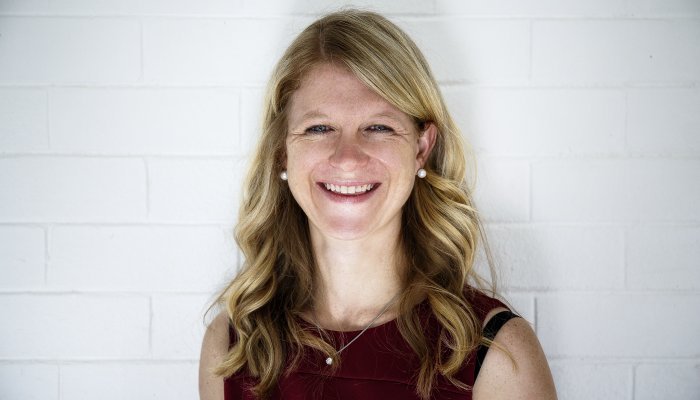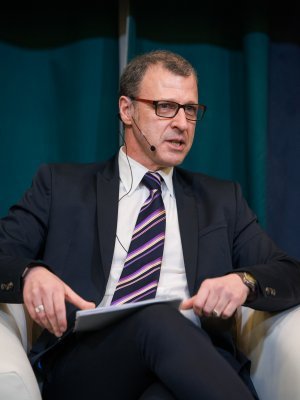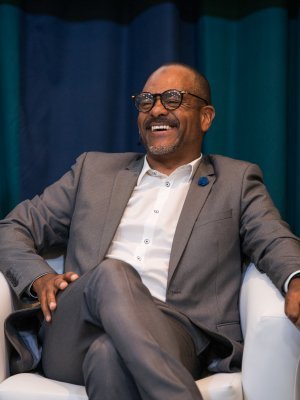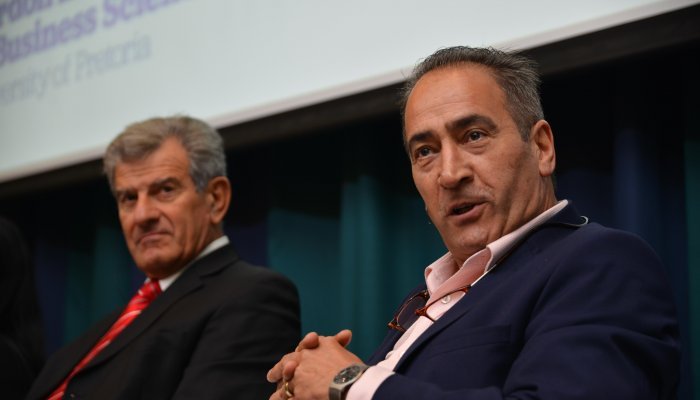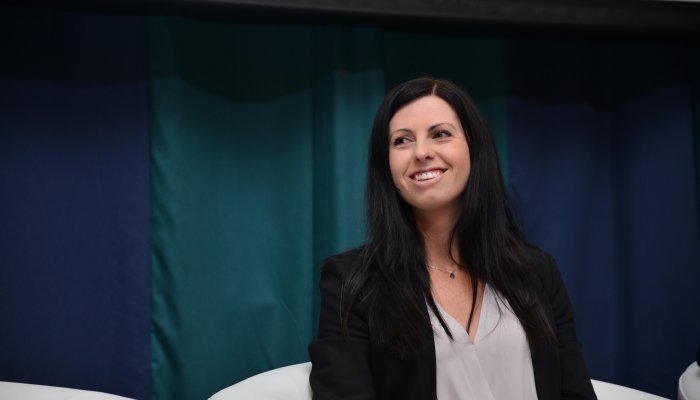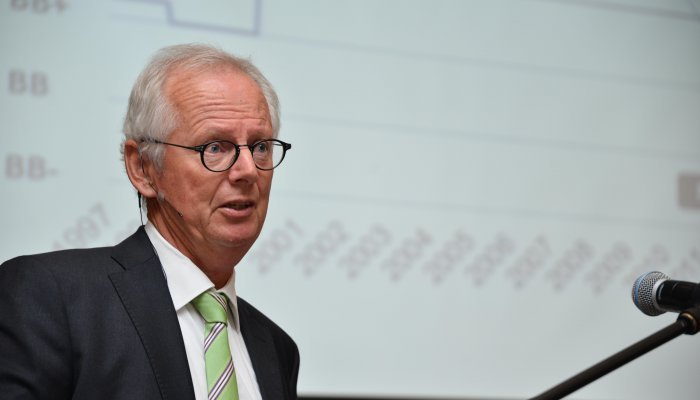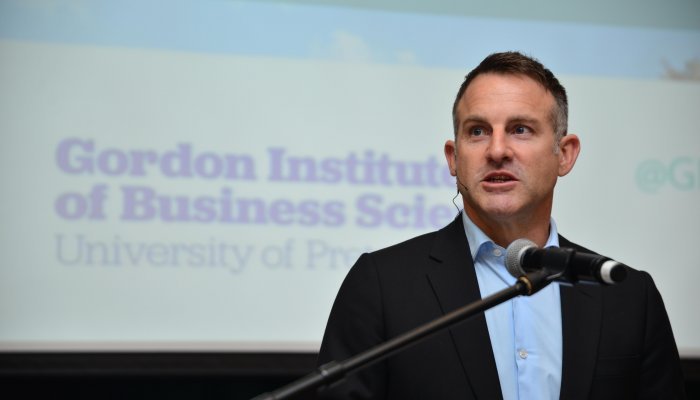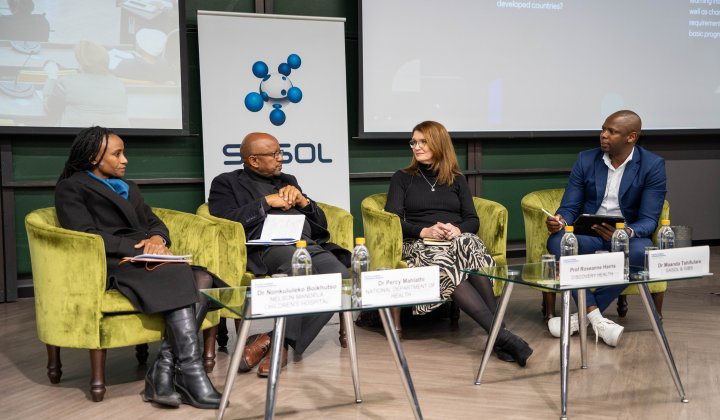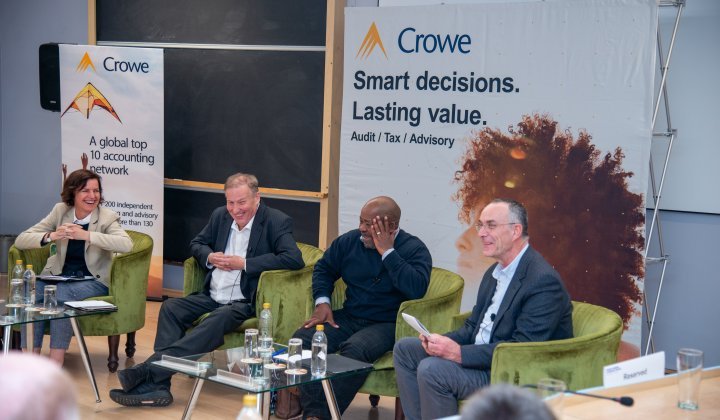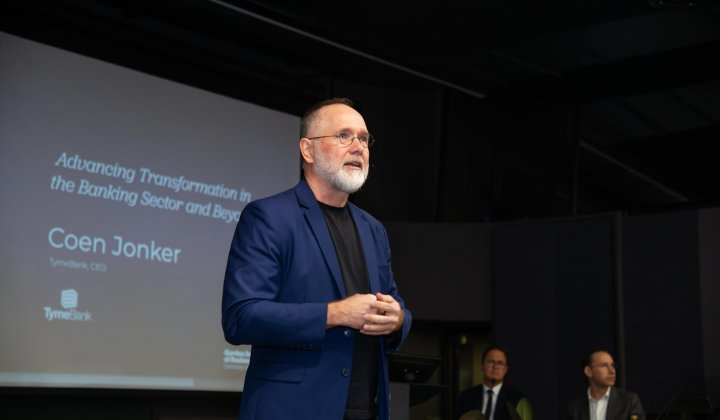Retail insights
Retail industry heavyweights and thought leaders came together at GIBS in March to discuss local and international trends and the outlook for the retail sector.
Topics included the impact of digital, mobile and e-commerce on retail, understanding consumers, future shopping behaviours and customer engagement and product differentiation. There were also sessions on operational effectiveness and efficiency and how to drive bottom-line growth. Customer centricity emerged as a key theme throughout the industry, from fast foods to health and wellness retail, as did differentiation and retail technology.
In a panel discussion on the challenge of striving for profitability in a tough economic climate, Zaf Mahomed, CFO at McDonald’s South Africa, gave an example that highlighted all three of these trends – the introduction of self-service terminals at McDonald’s restaurants. “The average cheque at one of these terminals is double the average counter sale,” he said. “Why? Because of the customer experience. Customers have more time – they don’t feel rushed and they enjoy the tech experience.”
Sedick Arendse, Operations Director at Clicks Group, reported that personalisation has been an important strategy for the group. On the back of the successful 3-for-the-price-of-2 campaigns Clicks employs, the group came up with the Mix-and-Max promotion, which essentially allows customers to build their own product bundle.
Enrico Baldassarri, Regional MD for Revlon, Africa, stressed the significance of context. “Your tactics need to relate to your context,” he said. “They need to come back to your strategy and your long-term objectives.”
He advised always taking a strategic approach to decisions, noting that often retailers are caught out by trying to do too much instead of building a business case for what they’re looking to do and only investing in plans after a thorough evaluation.
Amid these technical deliberations, Benjamin Trisk (at the time of writing, suspended CEO of Exclusive Books) added some transcendent flair to the day, kicking off his presentation with 84 seconds of Mozart’s 21st Piano Concerto in C Major and a poetic ode to the value of reading. “We sell the slow, remorseless accumulation of knowledge,” he said, introducing his vision for Exclusive Books that has driven him in his 50 months as CEO.
He spoke at length of the importance of looking after people, understanding customers, the difficulty of stock categorisation, the role of marketing messaging and the importance of working towards social impact – all topics that had cropped up during the day. Yet Trisk was the only speaker (to this writer’s knowledge) to move a few audience members to tears.
South Africa’s Economy 2018
President Cyril Ramaphosa’s new administration must show a demonstrable commitment to structural reform if it is to stimulate the stagnating South African economy. That was the view of many of the experts who took part in the annual Economic Outlook Conference in February, chaired by GIBS Professor of Economics and Competitive Strategy, Adrian Saville. Delegates were told that after the initial euphoria of a change in leadership, the country now faces tough decisions and economic trade-offs if it hopes to start out on the path to sustainable growth.
Sovereign credit rating and outlook
S&P Global Ratings Managing Director for sub-Saharan Africa, Konrad Reuss told the conference that a number of structural issues behind the headlines could make it difficult for the new administration to put the economy on a more sustainable fiscal path. A low per capita income level combined with tremendous developmental needs left National Treasury with little fiscal flexibility, he said. In addition, the debt burden had become unsustainable and critical, urgently needed funds for education and healthcare are now tied up on debt servicing, he explained.
Commitment to structural reforms
Dr. Iraj Abedian, Chairman and Chief Executive of Pan-African Investment and Research Services said government spending patterns had to address underlying long-term structural issues and not only aim to provide short-term relief.
South Africa Economist for CitiBank Gina Schoeman said while she had upgraded her GDP forecast for South Africa to 1.5% in 2018 and 2% in 2019, in terms of real per capita GDP growth rates, this was “not good enough.”
“Most of the upturn will come from an improvement in confidence and a stable currency, which will result in lower inflation. However, from the second quarter of this year onwards, we will have to begin to look for structural growth as we have to expand the nominal income pie,” she explained.
Director and Chief Economist at Econometrix, Dr. Azar Jammine said the South African economy could grow by 3% in 2019, as a positive global environment contributes to an increased risk appetite for emerging-market assets. “5% GDP growth will then be possible if we get the structural changes right,” he added.
Land reform
Following some deft behind-the-scenes negotiations reminiscent of CODESA in the early 1990s, GIBS played host in late March to a major dialogue on land reform. Convened at the request of the Parliamentary Constitutional Review Committee, as well as the Parliamentary Portfolio Committees on Justice and Correctional Services, among the speakers were Mineral Resources Minister, Gwede Mantashe, and his counterpart at Rural Development and Land Reform, Maite Nkoana-Mashabane.
International recognition for GIBS’ Brewer
GIBS alumna, Stacey Brewer has been recognised at AACSB’s 2018 Deans Conference in Las Vegas, Nevada, USA, among a group of 29 business pioneers, from 13 industry sectors, whose careers are addressing today’s most pressing social, economic, environmental and educational challenges.
The Association to Advance Collegiate Schools of Business (AACSB), the world’s largest business education network, celebrated the positive impact business school graduates are making in communities around the globe as part of the 2018 Influential Leaders Challenge. As an annual initiative, the challenge honours notable alumni from accredited schools whose inspiring work serves as a model for the next generation of business leaders.
Brewer is currently CEO of SPARK Schools which is a network of affordable private primary schools dedicated to delivering accessible, internationally benchmarked, high-quality education through a “blended learning” approach, which combines teacher instruction and computer-aided learning at the same per child cost as South Africa’s public schools.
GIBS selected as UN PRME Champion for 2018-2019 Cycle
GIBS has been selected as one of the 38 global business schools that will be part of the United Nations Global Compact and Principles for Responsible Management Education (PRME) for the 2018-19 Champions Cycle. PRME officially announced the 2018-2019 Champion schools at the Global 100 Executive Roundtable in Davos, Switzerland on 23 January, coinciding with the World Economic Forum.
The Champion’s Cycle centres on developing the next generation of leaders with the necessary knowledge and skills to attain the United Nations’ 2030 Agenda for Sustainable Development. Over 40 academic leaders and corporate executives, including deans from top business schools and chief executives from leading businesses, gathered for the round-table dinner to discuss gaps in today’s business and management education.
To be considered as a PRME Champion, business schools need to be committed to contributing to future leadership development through responsible management education as outlined in the United Nations sustainable development agenda. Champion schools that are recognised as a thought or action leader in the responsible management community receive preferred access for their students to internship and volunteer opportunities with the PRME Secretariat and Global Compact, exclusive access to Global Compact meetings, and are recognised as a PRME Ambassador.
The recognition of GIBS as a business school that leads in responsible management education adds to the school’s growing accolades as Africa’s pre-eminent business school. GIBS Dean, Professor Nicola Kleyn who attended the event said, “We are delighted to be recognised as a PRME Champion. In a world of growing inequality, we believe that business schools have a vital role to play in fostering business behaviour that drives inclusive growth.”


